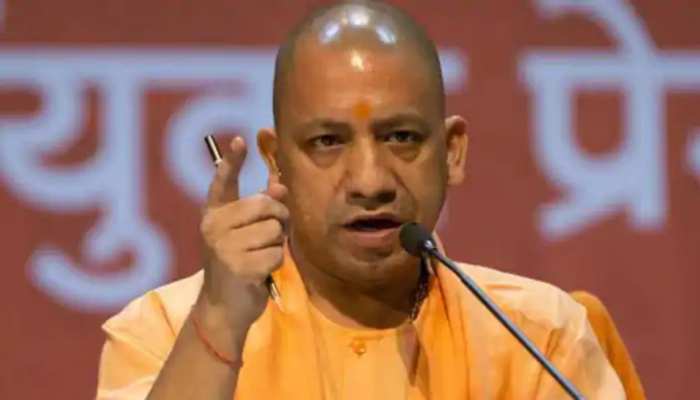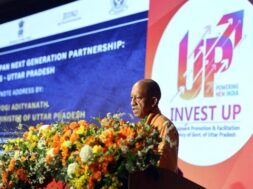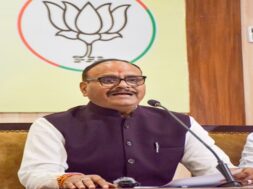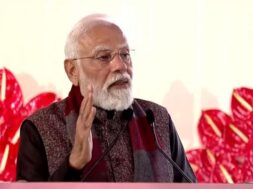
Manas Dasgupta
NEW DELHI, July 10: With the state Assembly elections just about six months away, the Uttar Pradesh government proposes to strictly implement the two-child policy and penalize those who violate the policy and reward those public servants who adhere to it.
According to a draft proposal circulated by the state government inviting suggestions and objections from the public till July 19, anyone violating the two-child policy would be barred from contesting local bodies polls, from applying for or getting promotion in government jobs, and receiving any kind of government subsidy.
As against it, the adherence to the policy would bring handsome benefits. Listing out benefits for public servants who adopt the two-child policy, the draft bill says, “Public servants who adopt the two-child norm will get two additional increments during the entire service, maternity or as the case may be, paternity leave of 12 months, with full salary and allowances and three per cent increase in the employer’s contribution fund under national pension scheme.”
These are some of the proposals mentioned under the draft titled The Uttar Pradesh Population (Control, Stabilization and Welfare) Bill, 2021.
The UP State Law Commission (UPSLC) website says, “The State Law Commission, UP is working on control, stabilisation and welfare of the population of the state and has prepared a draft bill.”
Public suggestions have been invited to improve the draft bill and July 19 is the last date for it. A State Population Fund would be formed to facilitate the implementation of the act.
Listing the government’s responsibilities, the draft bill says that maternity centres would be established at every primary health centre. The centres and NGOs would be assigned the task of distribute contraceptive pills, condoms, and spread awareness about family planning methods through community health workers. They would also ensure mandatory registration of pregnancies, deliveries, births and deaths within the state.
As per the draft bill, the government would introduce a compulsory subject related to population control in all secondary schools.
Justifying the proposals, the draft bill says: “In Uttar Pradesh, there are the limited ecological and economic resources at hand. It is necessary and urgent that the provision of basic necessities of human life including affordable food, safe drinking water, decent housing, access to quality education, economic/livelihood opportunities, power/electricity for domestic consumption, and a secure living is accessible to all citizens.”
The draft bill then emphasises that it is necessary to control and stabilise the population of the state in order to promote sustainable development with more equitable distribution.
It is necessary to ensure healthy birth spacing through measures related to augmenting the availability, accessibility, and affordability of quality reproductive health services for achieving the goal of population control, stabilisation and its subsequent welfare in the state, the draft bill says.

















